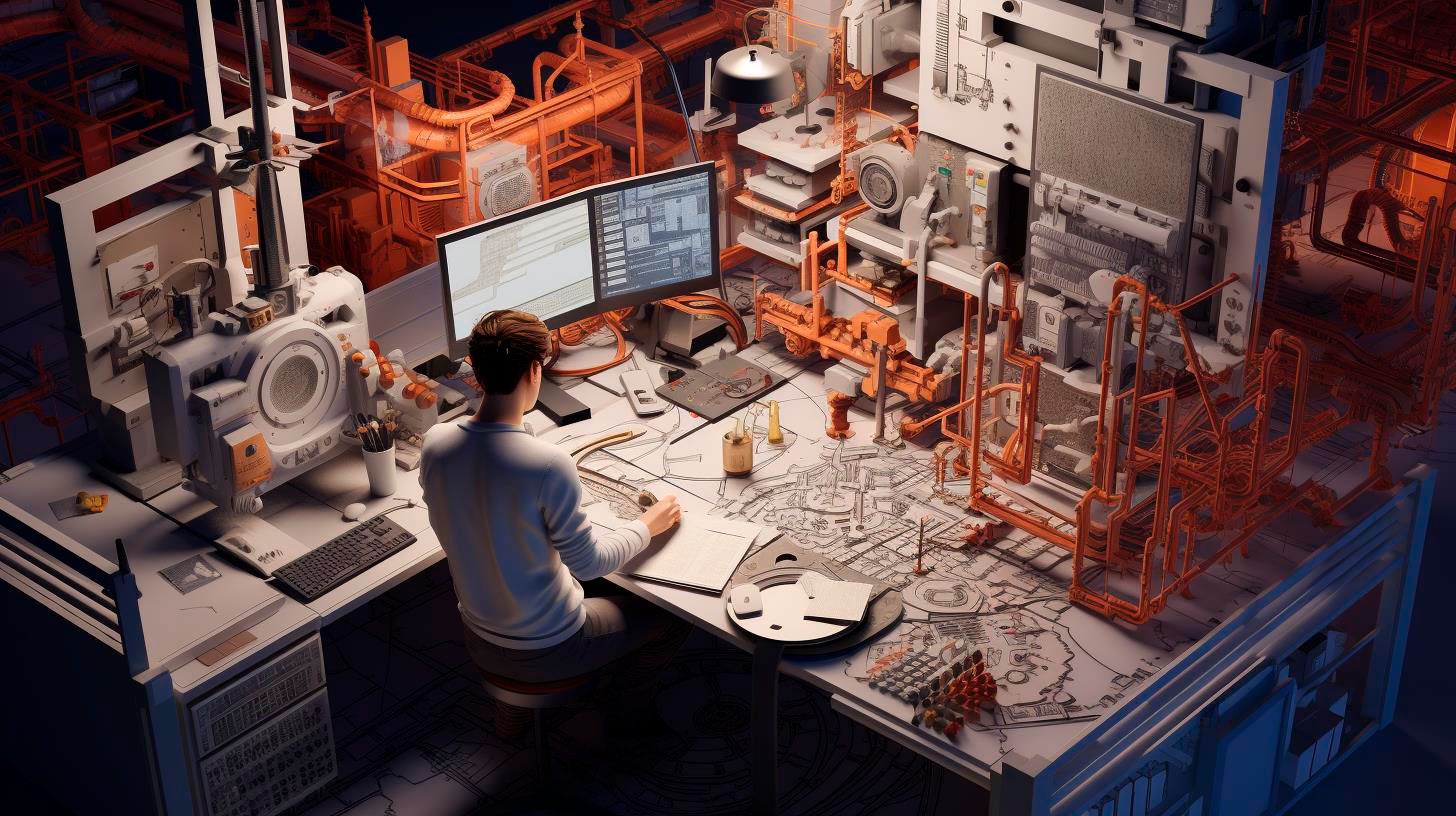Let’s explore how nuclear and renewable energy can work together to create a more sustainable future.
The Power of Nuclear Energy
Nuclear energy has long been a controversial topic, but it cannot be denied that it offers several important advantages:
- Low Greenhouse Gas Emissions: Nuclear power plants produce virtually no greenhouse gas emissions during operation, helping combat climate change.
- Reliable Base-load Power: Nuclear energy provides a stable and continuous source of electricity, making it ideal for meeting the base-load demand.
- High Energy Density: Compared to other renewable sources, nuclear energy provides a high energy density and requires a relatively small land footprint.
- Advanced Nuclear Technologies: Ongoing research and development in nuclear technologies, such as advanced reactors and fusion, promise even safer and more sustainable options for the future.
Although concerns regarding nuclear waste disposal and accidents must be addressed, advancements in technology and stringent safety measures have significantly minimized these risks.
The Rise of Renewable Energy
Renewable energy sources, such as solar, wind, and hydroelectric power, have witnessed tremendous growth in recent years. These sources offer several key advantages:
- Green and Clean: Renewable energy sources produce minimal greenhouse gas emissions, helping reduce our carbon footprint.
- Inexhaustible: Unlike fossil fuels, renewable energy sources are virtually unlimited in supply, ensuring a long-term energy solution.
- Local Energy Generation: Renewable energy can be generated locally, reducing reliance on centralized grids and increasing energy independence.
- Job Creation and Economic Growth: The renewable energy sector has the potential to create numerous job opportunities and stimulate economic growth.
However, certain challenges remain, such as intermittency issues and the need for substantial land and resource investments in some cases.
The Perfect Marriage – Nuclear and Renewable Energy
Both nuclear and renewable energy sources have their own unique advantages and limitations. However, when integrated into a sustainable energy mix, they can complement each other, resulting in a highly efficient and reliable system. Here’s how:
- Reliability and Flexibility: Nuclear power provides a stable base-load, while renewable energy sources can contribute during peak demand periods, enhancing the overall reliability and flexibility of the grid.
- Carbon-Free Energy: By combining both nuclear and renewables, we can significantly reduce greenhouse gas emissions and mitigate the impacts of climate change.
- Backup Power: Nuclear power can act as a backup during periods of low renewable energy generation, ensuring a continuous supply of electricity.
- Effective Land Use: Renewables can make use of available land and resources, while nuclear energy requires a smaller land footprint. Combining the two minimizes the land-use impact.
- Diversification of Energy Sources: Relying on a variety of energy sources mitigates risks associated with over-dependence on a single source, providing greater energy security.
By leveraging the strengths of both nuclear and renewable energy, we can achieve a sustainable energy mix that balances environmental concerns with the need for reliable and affordable power.
Conclusion
The transition towards a sustainable energy future requires careful consideration of all available options. While the uptake of renewable energy sources is undoubtedly crucial, nuclear energy should not be overlooked. By combining both nuclear and renewable energy in our energy mix, we can harness the benefits of both while addressing their limitations. Only through a holistic and diversified approach can we pave the way towards a truly sustainable future.
Sources:
– International Atomic Energy Agency
– National Renewable Energy Laboratory
